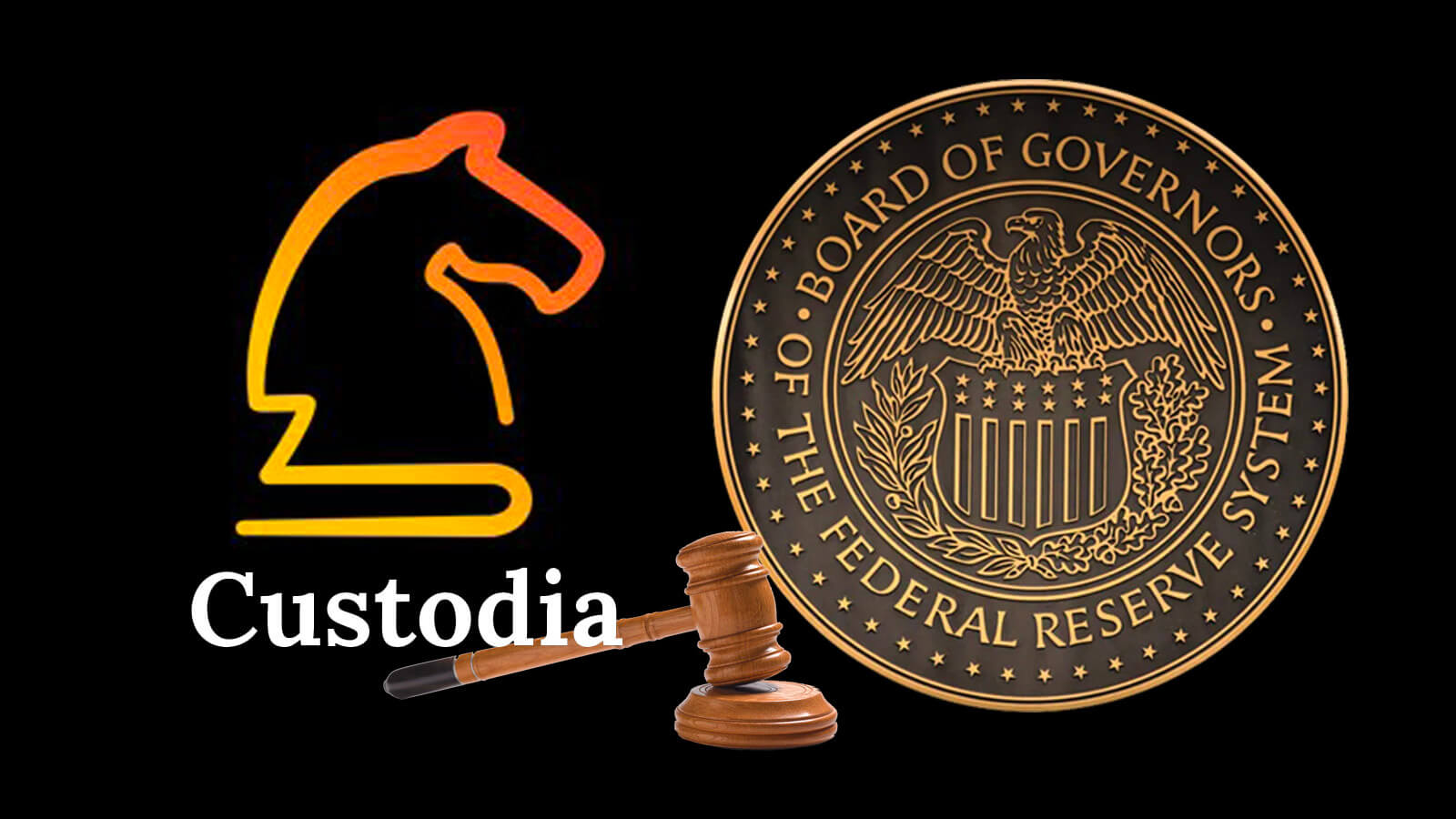- Former Solicitor General Paul Clement’s amicus brief challenges the Fed’s unchecked authority in denying Custodia Bank a master account.
- The crypto industry views the Custodia Bank vs. Fed case as critical, arguing it could stifle blockchain innovation and growth.
- The District Court ruling granting broad discretion to the FRBKC raises constitutional concerns about the Fed’s power structure.
Former Solicitor General Paul Clement has entered the legal dispute between Custodia Bank and the Federal Reserve. The case, which questions the Fed’s authority to deny Custodia Bank a master account, has drawn attention from the crypto industry. Clement’s involvement, marked by the filing of an amicus brief, highlights constitutional concerns regarding the power structure of the Federal Reserve.
Constitutional Questions and Federal Reserve’s Authority
In his brief, Clement challenges the decision of the District Court that granted the Federal Reserve Bank of Kansas City (FRBKC) broad discretion to deny master accounts to non-member depository institutions. Clement argues that this decision raises constitutional issues, specifically under Article II, as it allows Federal Reserve Bank presidents substantial, unchecked power. This could, according to Clement, threaten the dual banking system by hindering state-chartered banks’ operations.
Crypto Industry’s Stake in the Case
The crypto industry sees the outcome of this case as pivotal. The Digital Chamber (TDC) and the Global Business Blockchain Council-USA (GBBC-USA) have both shown strong interest. These organizations argue that denying state-chartered banks access to master accounts solely based on their involvement with digital assets could stifle innovation and growth within the blockchain industry. They emphasize that such a precedent could negatively impact legitimate businesses seeking access to the national financial system.
Implications for the Financial System
The District Court’s ruling that the FRBKC has unreviewable discretion over master account approvals has broader implications. Clement and the supporting organizations argue that this decision not only affects the crypto industry but sets a dangerous precedent for any sector that may clash with Federal Reserve officials. They contend that the ruling grants excessive power to unaccountable federal officials, potentially stifling innovation and cutting off crucial access to the global financial system for legitimate businesses.
Custodia Bank, having filed an appeal in the 10th Circuit Court, continues to challenge the Federal Reserve’s authority. Clement’s involvement brings additional scrutiny to the case, particularly regarding the constitutional aspects of the Fed’s power structure.





